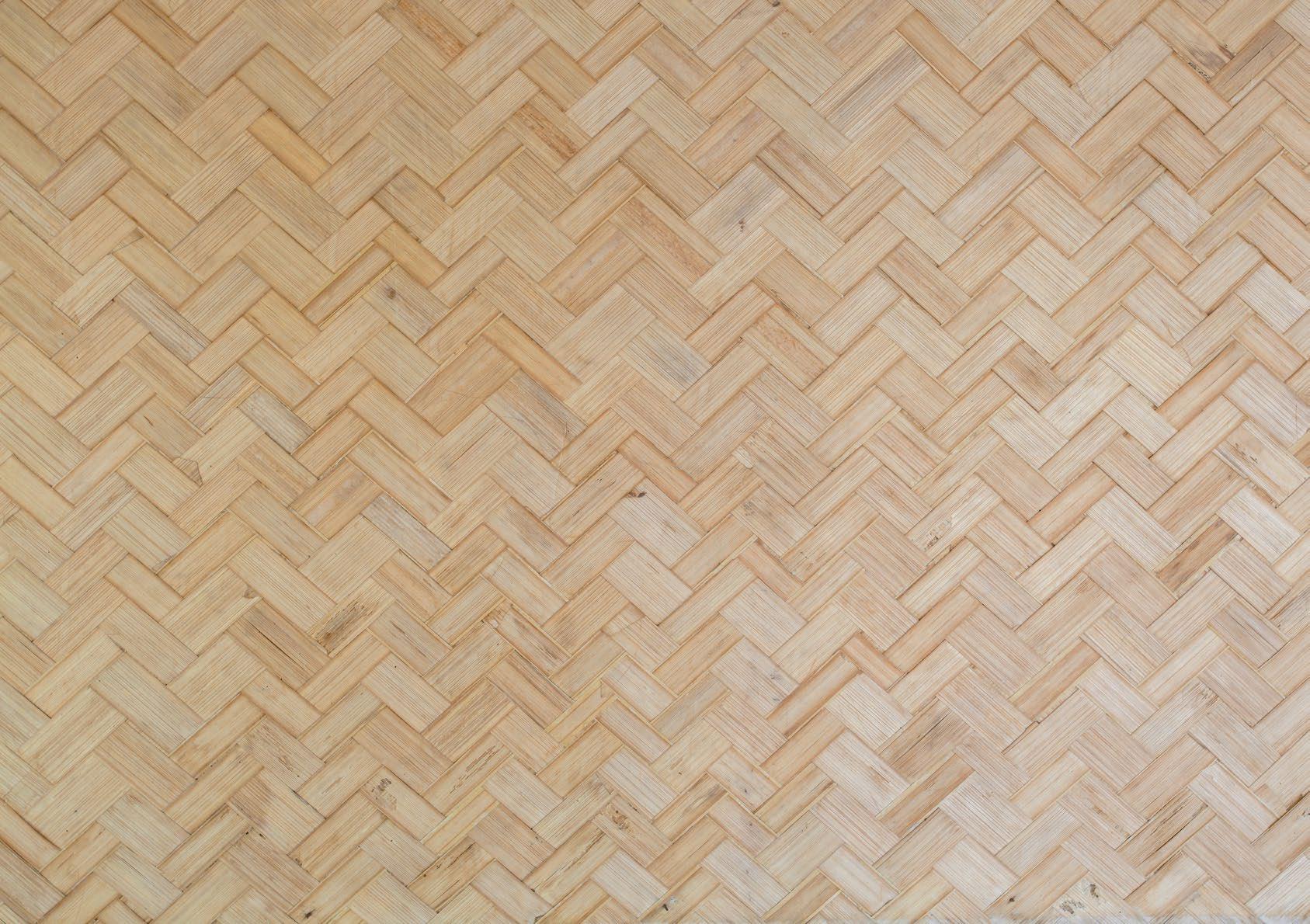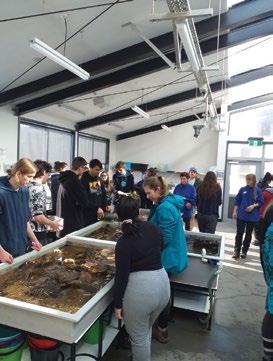
1 minute read
Earth Science - Marine Scientists Down South
MARINE SCIENTISTS DOWN SOUTH!
By Charlotte Newman



In late July, a group of 19 Earth and Space Science students from Year 13, embarked on a journey from Auckland to Dunedin with Mrs Wild and Mrs Tonoriro. Despite this trip being in-between the COVID-19 high alert levels, the group of young marine scientists boarded on Quarantine Island in the Otago Harbour for the 3-day duration of their trip. Quarantine Island used to serve as a quarantine facility for early settlers and labourers entering New Zealand in the 1860’s. The students were invited by the Quarantine Island Trust to assist in planting trees on island, in-order to promote the environmental work they are succeeding in. The trip accommodation in itself taught the students valuable lessons about the early beginnings and the prolonged sustainability of New Zealand. Prior to be beginning their marine science laboratory work, the students were fortunate enough to experience an Otago Harbour boat tour that allowed them to view marine animals such as albatross, penguins, dolphins, seals, and sea lions.
Whilst down south, the Earth and Space Science class were lucky enough to be granted the opportunity to utilise the University of Otago marine laboratory in Portobello, Dunedin. Over three busy and productive days, the students worked in pairs or small groups to carry out an independent investigation for their final internal. These experiments ranged from testing the oxygen consumption of sea stars to monitoring the feeding patterns of crabs, both in extreme environment situations. Although this work was new and challenging for the determined group, multiple, impressive reports were produced by each team. Combining the unique trip and the laboratory work, this was a once-in-a-lifetime experience for all of those involved, and a great opportunity for learning. The most significant piece of information that the students came away with, was how important it is for our generation and the future generations to protect ecosystems such as the oceans from devastating, anthropological change, we have one Earth!







